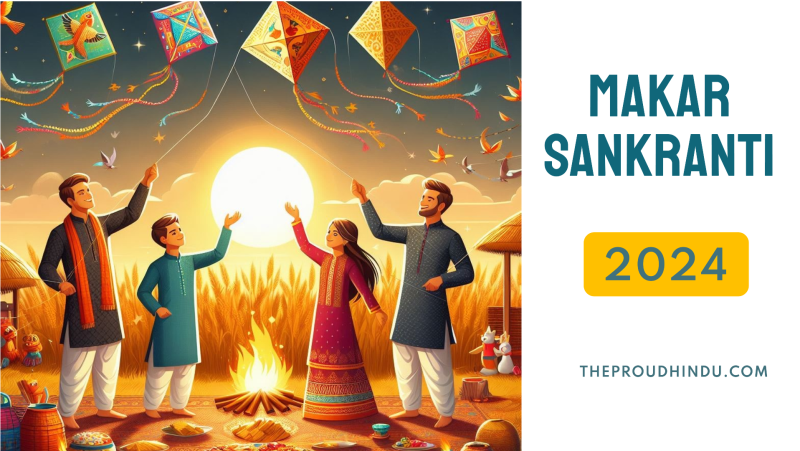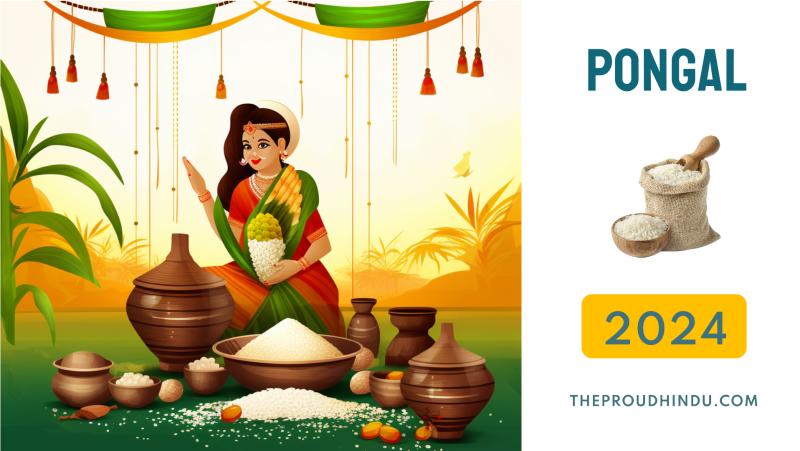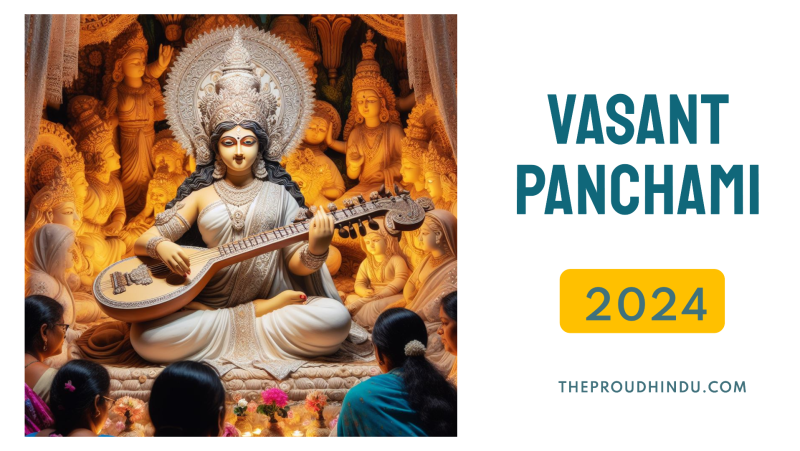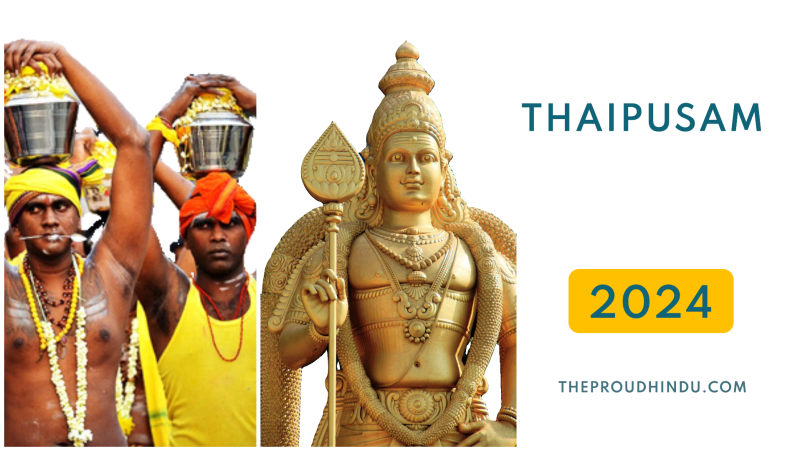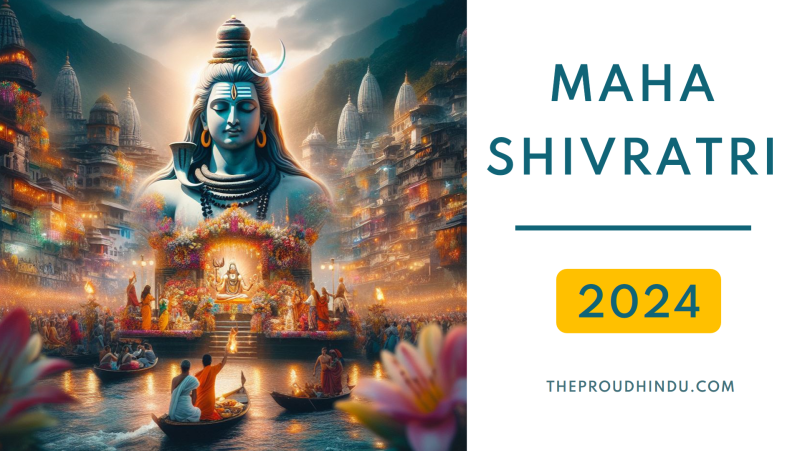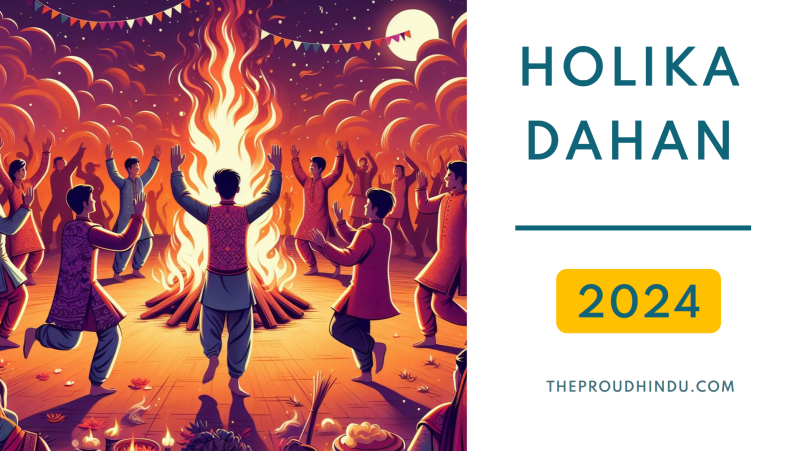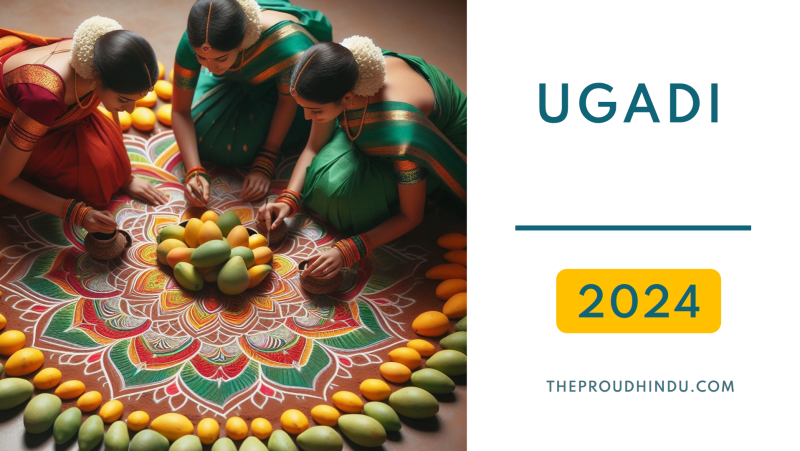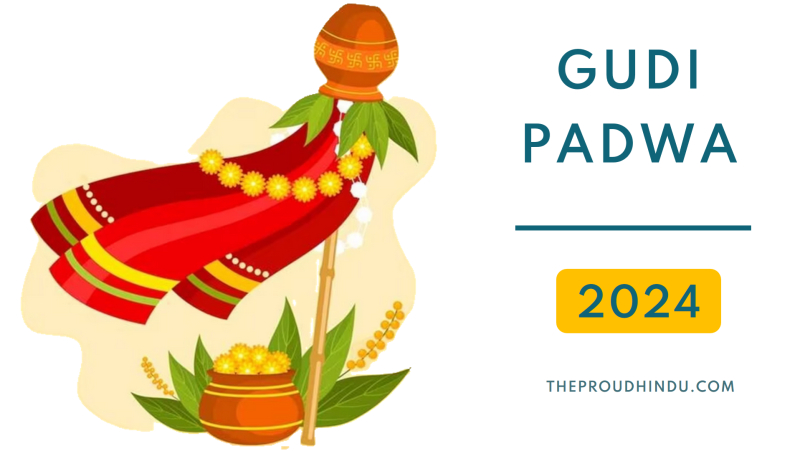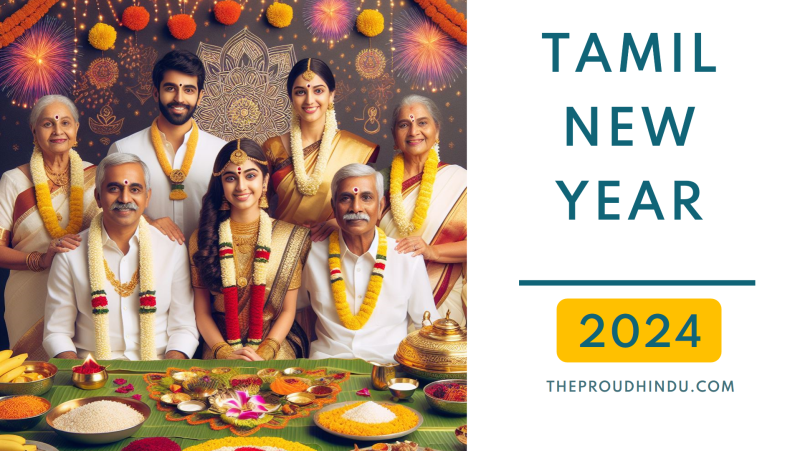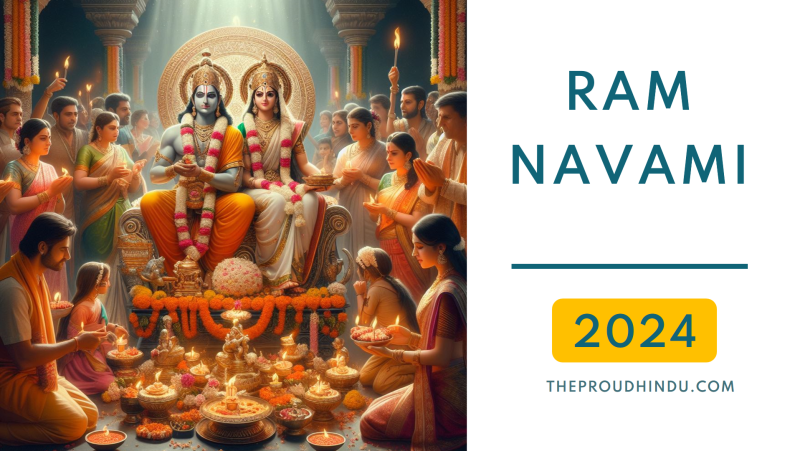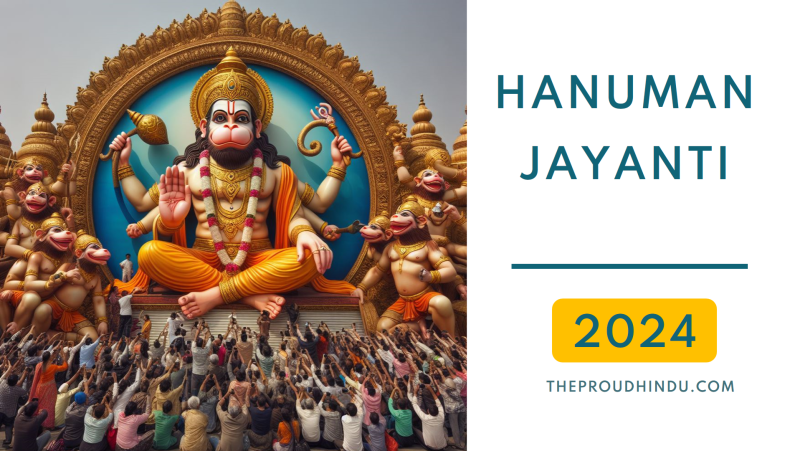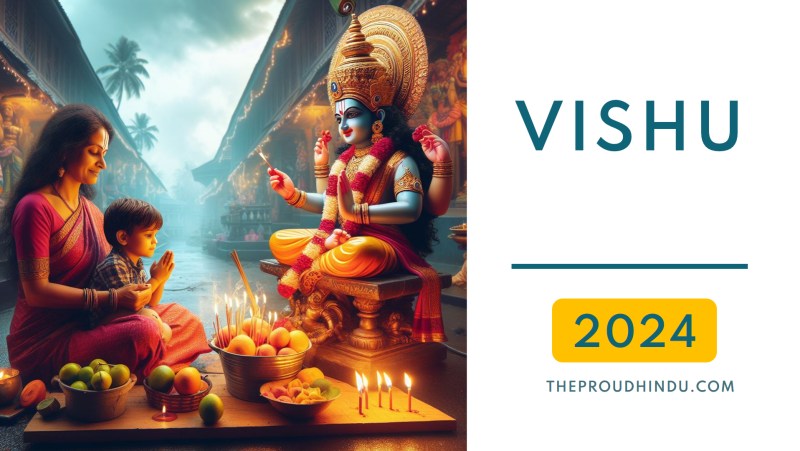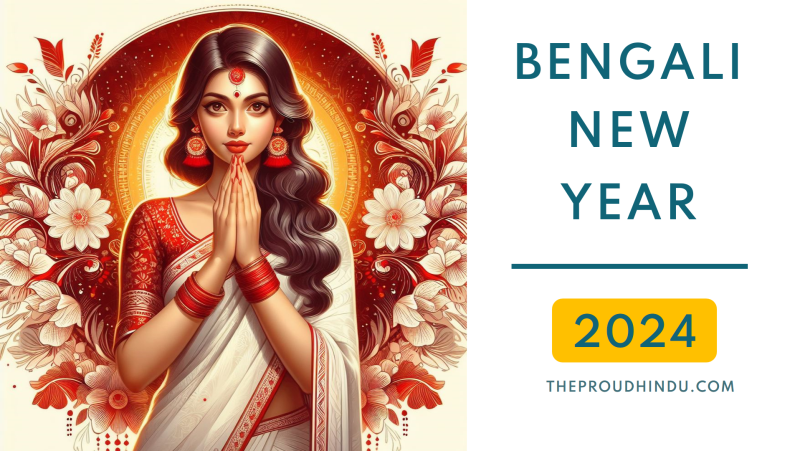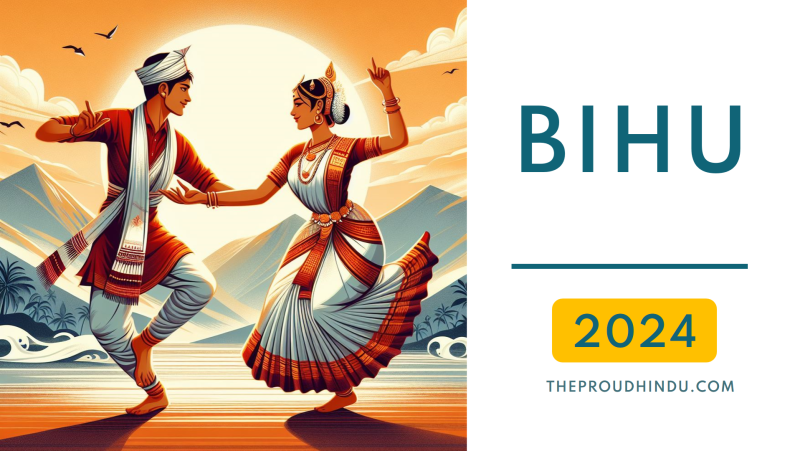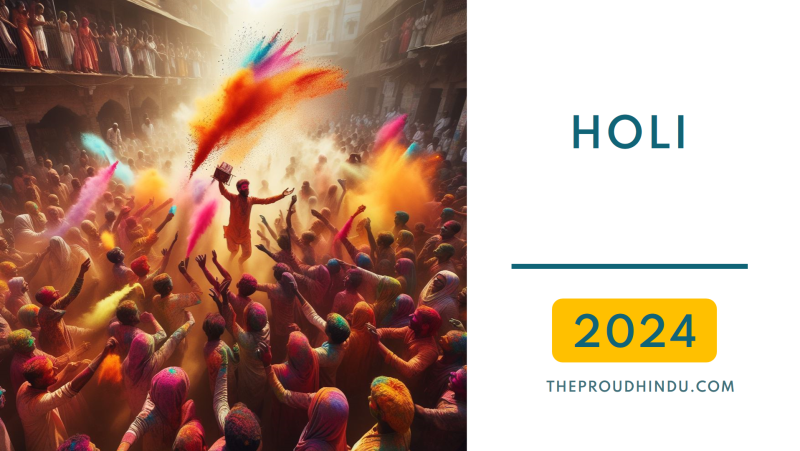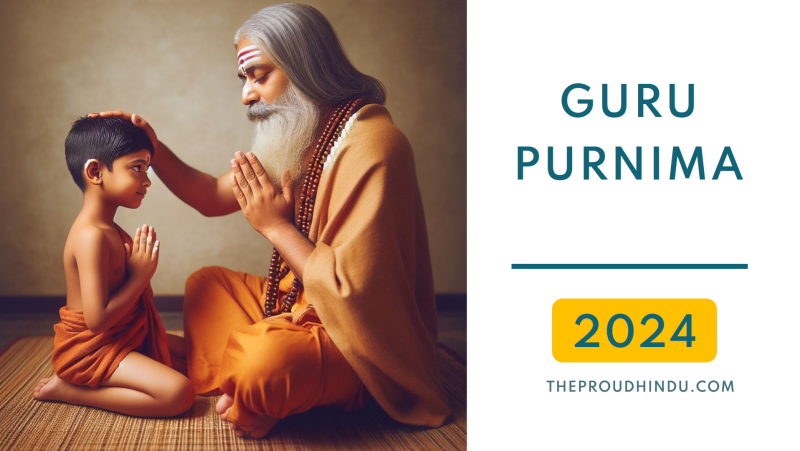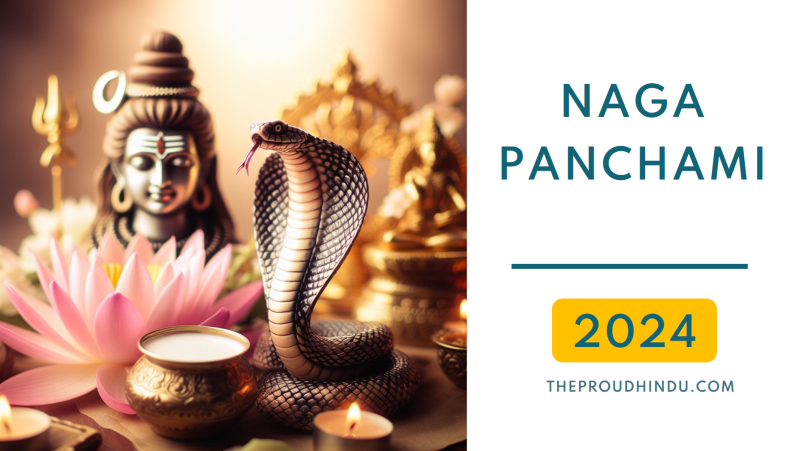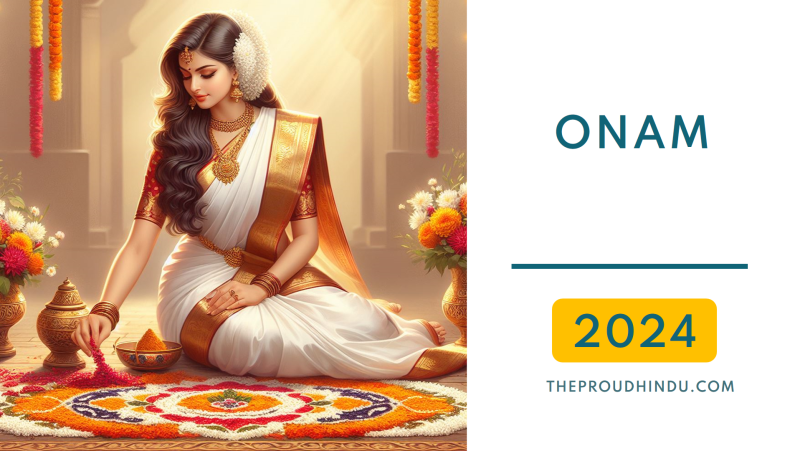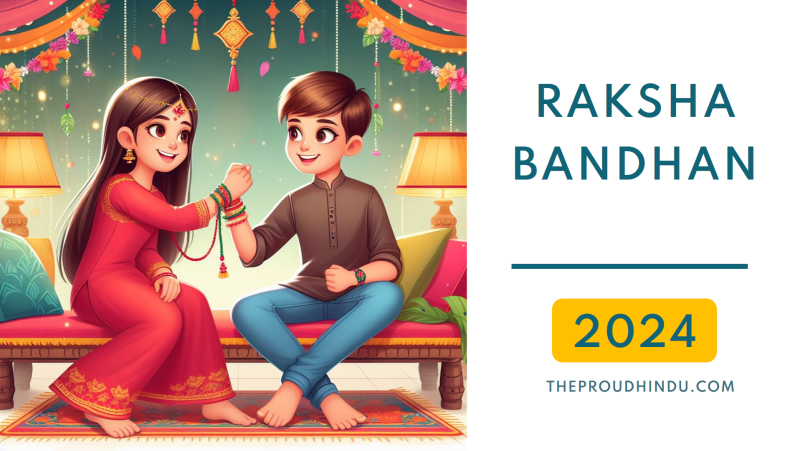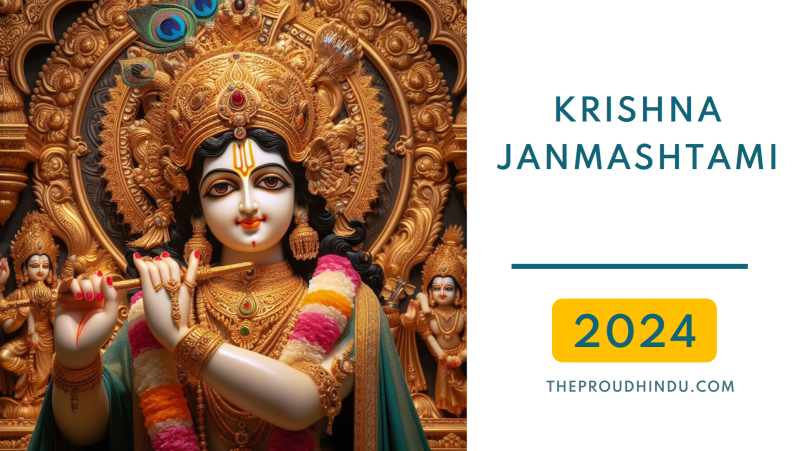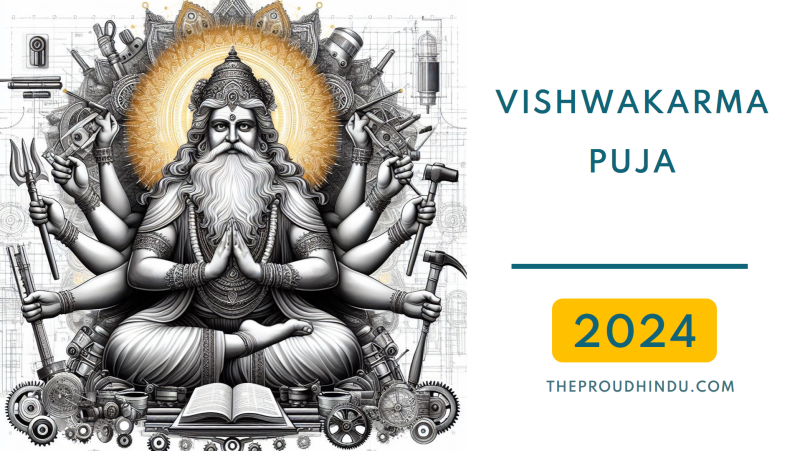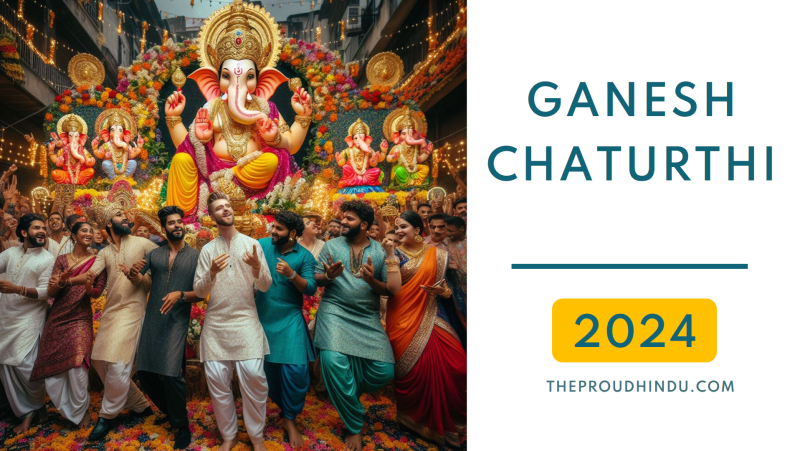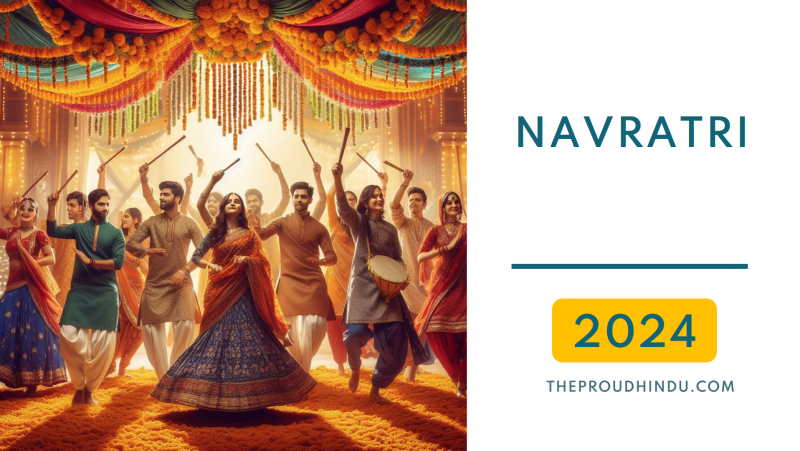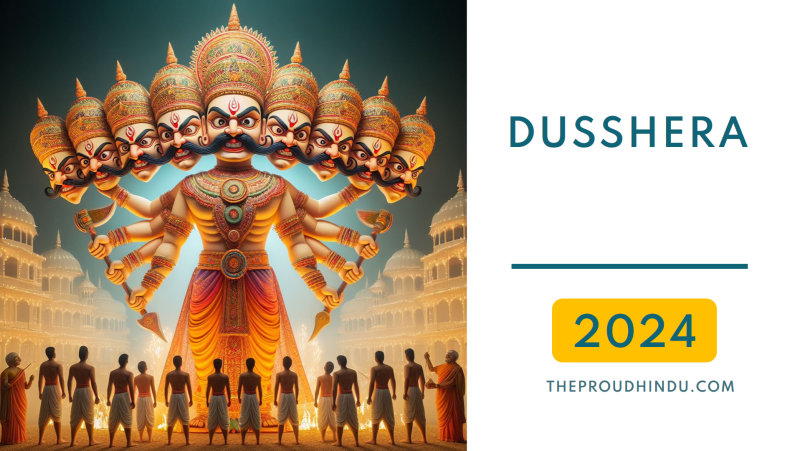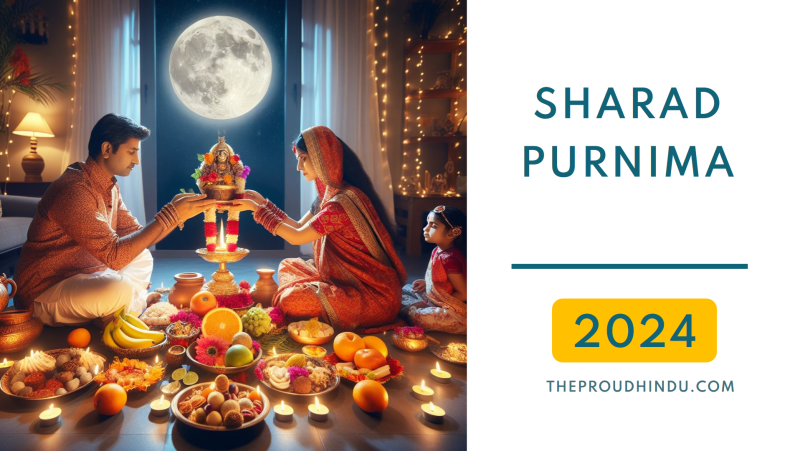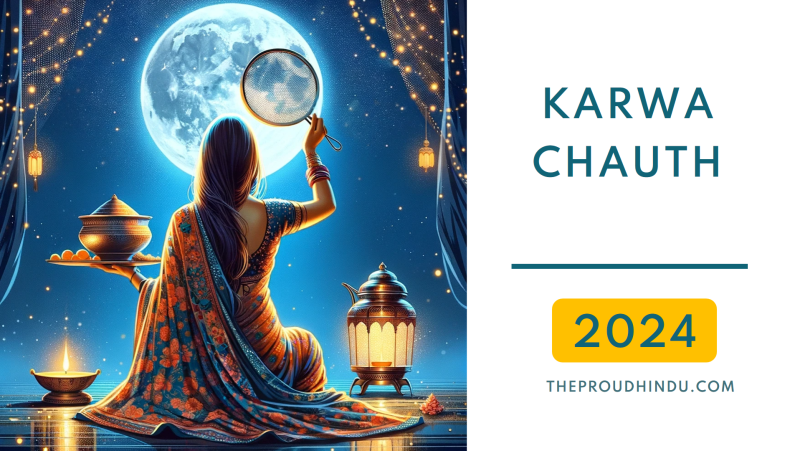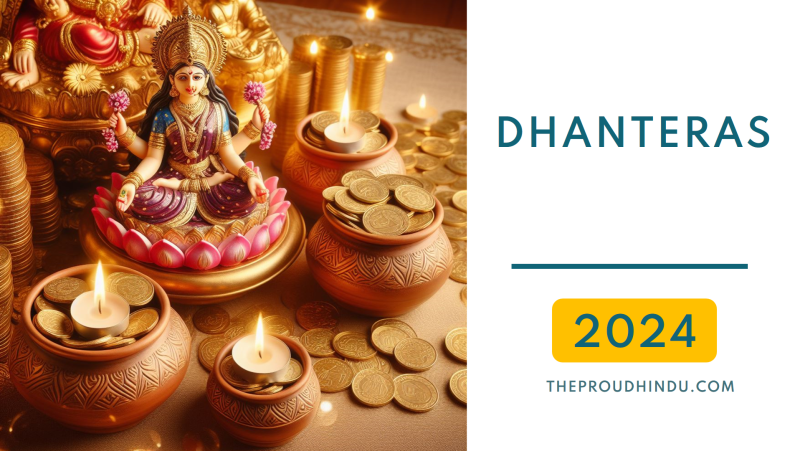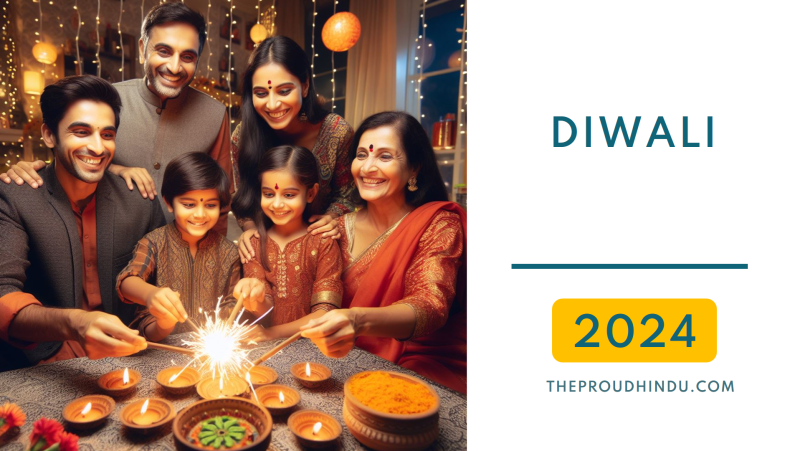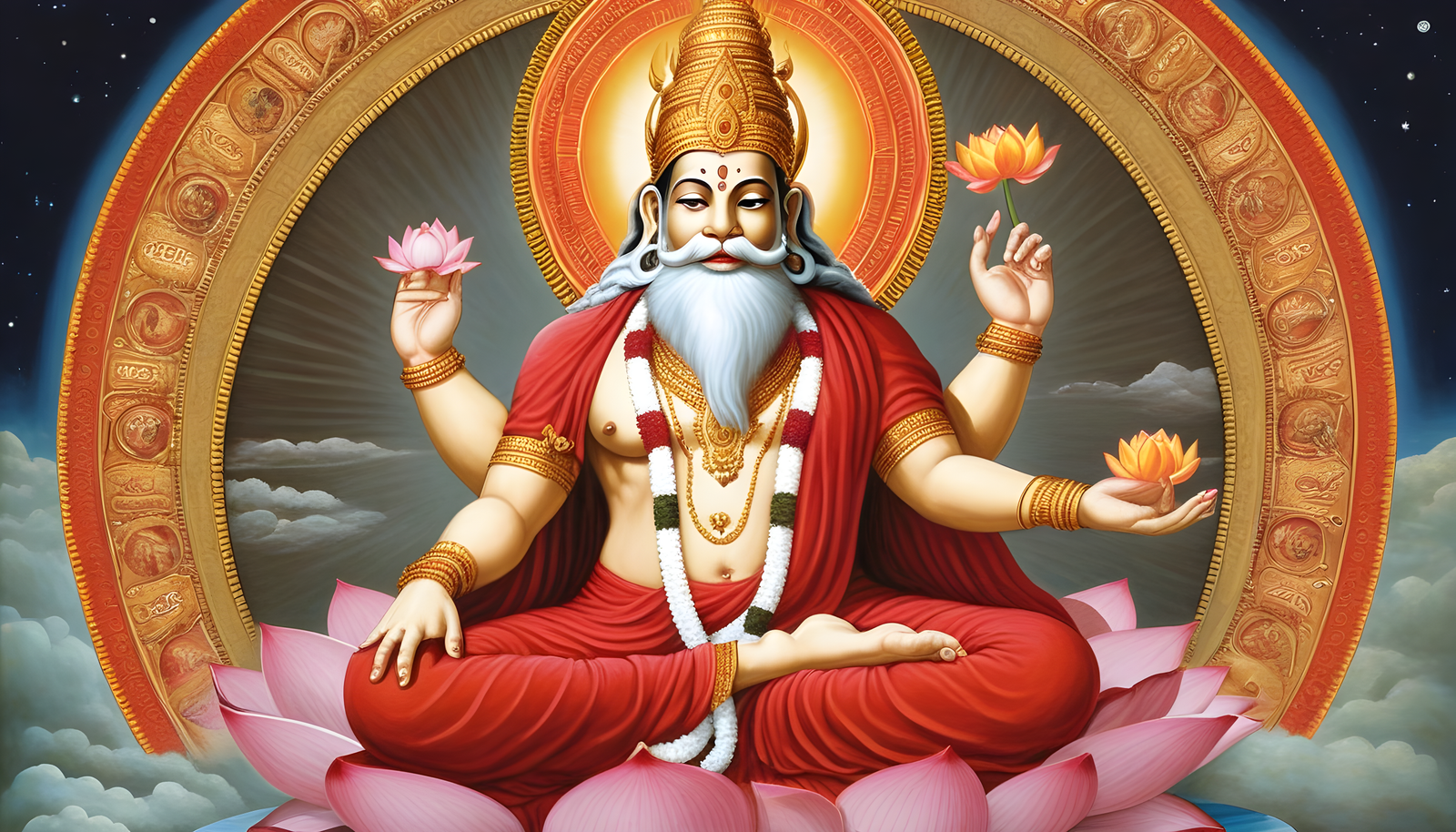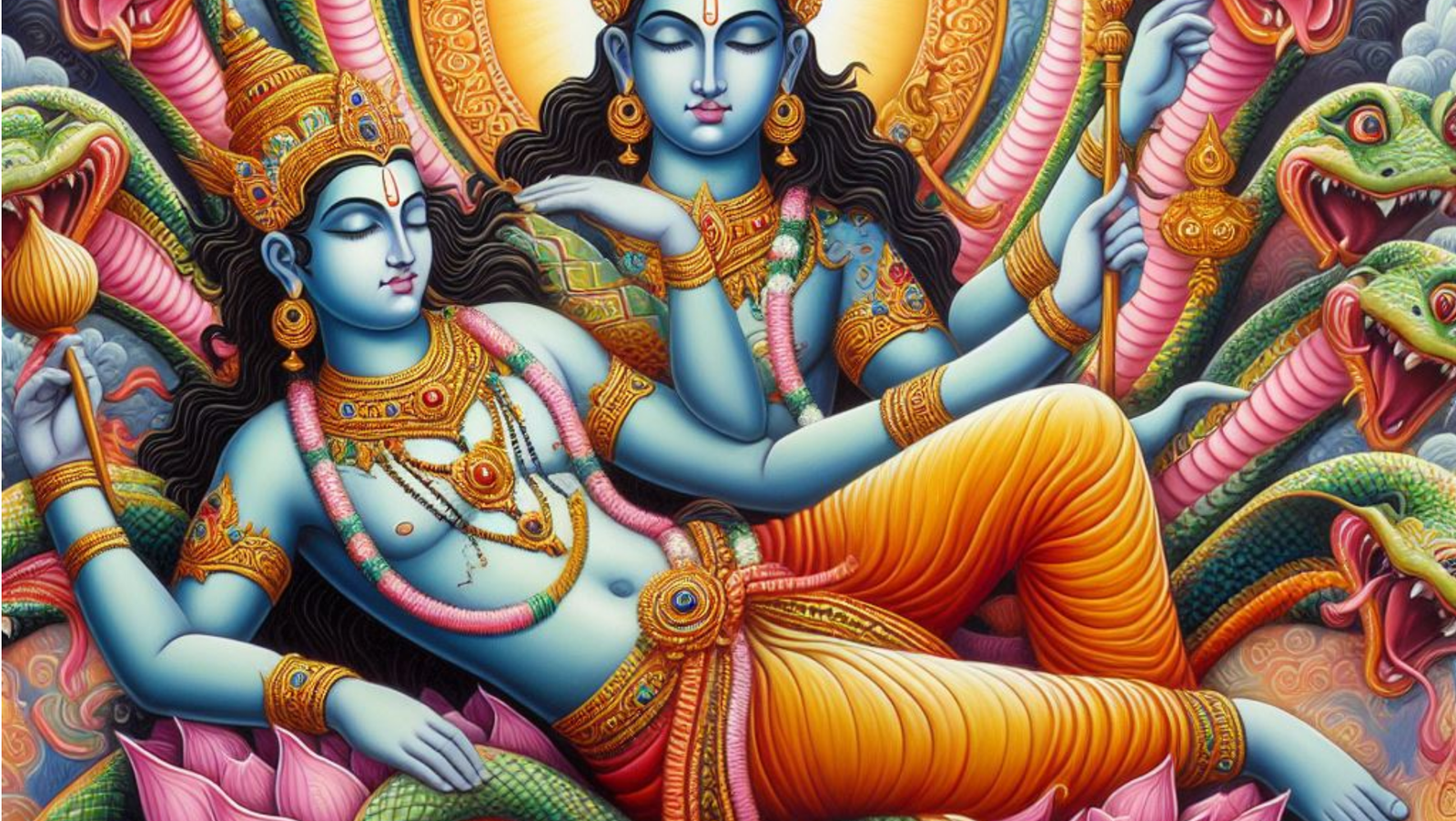
About Lohri Festival in 2026
Lohri 2026 is on Tuesday, 13th of January 2026. Lohri is a festival related to the festival of Makar Sankranti and it falls a day before the Sankranti and is mainly celebrated in Punjab and North India and among all people all over India and worldwide. It has strong cultural and traditional significance and heralds the end of winter solstice and onset of longer days as the sun’s march to the northern hemisphere begins. Lohri is a festive time, filled with fun and shared with loved ones.
Here's a lowdown on Lohri festival:
Date of Lohri in 2026:
Lohri is the traditional celebration on 13th of January. That being said, the date of the festival may vary – albeit slightly – depending on the Hindu calendar and astrological events. For 2026, Lohri will be celebrated on Tuesday,13th of January 2026
Customs and Traditions:
1) Bonfire (Lohri Diyaan): The bonfire is the focal point of Lohri celebrations. And, in the evening around the bonfire, the people sing traditional folk songs, dance to the drum beats of the 'dhol' and offer prayers to the Almighty for the fertile soil and for prosperity for all. And if nothing else, that bonfire represents the sun’s energy and fire was thought to warm you up in winter.
2) Offerings and Feasting: Til (sesame seeds), gur (jaggery), gajak (dry sweet made of sesame and jaggery), peanuts, popcorn, and other small food items are offered to the ciort in fire, losing sesame seeds have the significance of loosing problems ( sorrows and diseases). After the rituals, families and communities gather to eat Punjabi delights such as Sarson da Saag (mustard greens), Makki di Roti (cornbread), gur (jaggery) sweets, and other mouthwatering treats.
3) Dancing and Signing: Bhangra and Gidda are the popular folk dances of Punjab, people perform them at Lohri get-togethers. These dances are integrated into any festive song and people gather in circles around the bonfire to join them.”Along with lively music, revellers join in singing Lohri songs which tell the tales of folklore, history and culture.
4) Gift Exchange: The exchange of gifts and good wishes is yet another tradition to follow on Lohri. Relatives and friends give sweets, clothes and other gifts to each other.
5) Celebration of fertility and new beginnings: Lohri is also a celebration of fertility and the spark of life. It symbolizes the beginning of longer days and the harvest of Rabi crops, which is a new start and a year of abundance that is coming.
Lohri is a festival that brings joy, warmth, and unity among people, signifying the richness of Punjabi culture and its vibrant traditions.
Other Names of Lohri in 2026
This festival is called Lohri. It is known by many names as it is celebrated in various regions in this part of the world. It is known by various names in different regions and is celebrated differently in different states of India. Lohri has several other names, here are some of them:
Lohri: It is the most popular and widely known festival name, especially in the Punjabi community. Meaning of Lohri The term "lohri" means the warming up of atmosphere by which they mean a bonfire in which people burns goklua and sesame seeds in it.
Maghi: Lohri is also called Maghi in some areas of punjab. It is the day after Lohri and is connected with the Sikh festival of Maghi, celebrated in honor of the brave 40 Liberated Ones.
Bhogi: In Tamil Nadu in South India, the festival is called Bhogi. It is a part of Pongal festival, and it is one of the first day which means opening day of the cereals, the beginning of the festival called Isai Thiruvizha (sounding of trumpets) by temple musicians, all of whom may be from the Vellalar community.
Makar Sankranti/Uttarayan: In some parts of India like Gujarat as well as in some Northern states, Lohri is celebrated on the day of Makar Sankranti. In Gujarat, it is a holiday known as "Uttarayan" and here it signifies the end of winter and the return of the sun to the northern hemisphere as it traverses the Tropic of Cancer.
Pongal: In Tamil Nadu, Lohri is known as “Pongal” at the time of the Pongal four-day tamil festival that marks the harvest season.
Khichdi: The festival is also called 'Khichdi' in some places, particularly Uttar Pradesh. You can do this by making khichdi, and giving it away on the day of the festival.
Sankranti: In Karnataka and Andhra Pradesh, the festival is celebrated as "Sankranti" and coincides with the Makar Sankranti celebration there.
These variations in names are indicative of the regional and cultural diversity of India, where the festival is called by different names, and observed by the customs and rituals particular to that region. Despite the stylistic variations, however, the core of Lohri's celebration seems to stay the same across these regions: a rejoicing in the timeliness of the harvest season, the end of winter and the return of those longer and warmer days."
History of Lohri Festival
It has its roots in the history, mythology and agrarian lifestyle. Lohri history is associated with multiple legends and historical events:
1. Harvest Festival: Lohri is essentially a harvest festival, observed to mark both the end of the long dark nights following the winter solstice, and the start of the sun's journey to the northern hemisphere, when night becomes shorter and day longer. A season when farmers laugh and thank their stars, for harvest has been bounteous. The festival is also regarded as the reap time of Rabi crops.
2. Tales of Yore: History and myths There are many stories and myths bountiful in numbers on how and why Lohri originated. One such legend is that of Dulla Bhatti, a mythic hero from the time of Mughal emperor Akbar. Dulla Bhatti was famous for saving girls who were being taken away forcibly to be sold in market. On Lohri, singing a song Dulla Bhatti walla is considered an essential part while the family circles around the fire.
3. Sun Worship: Lohri is the festival of sun sun worship. Bonfire on Lohri represents the return of longer days, as the winter cold slows down sun on its southward journey and the days become longer.
4. Cultural and social significance: More than just an agricultural significance, Lohri has huge cultural significance. It unites towns and communities and encourages social cohesion. The members of the family join hands and form a circle around the bonfire and offer prayers to the bonfire and the god of fire, families and friends will dance and sing around the fire to celebrate the eve.Sing traditional and folk songs (Dulha Bhatti)"The girl wails, sways and holds a finger to her lips',while doing Bhangra or Gidda. The following is the folk song which is sung while dancing On this cold cold night.
5. Punjabi Folklore: The festival of Lohri has a rich connection with Punjabi folklore with songs and stories that have been passed generation to generation. Background The songs on Lohri mention the culture, history, and the way of life of the people in the region.
6. Religous Importance: And some believe that Lohri marks the end of the winters and the warmer days of the harvest season, as it is synonymously referred to as the harvest festival and the morning after Lohri is Makar Sankranti when the days are supposed to get warmer. In parts of India, it's a day before Makar Sankranti, when the sun moves into the Northern Hemisphere.
In totality, Lohri grounds the rich culture of Punjab and exalts the significance of cheerfulness, thankfulness and unity. That very well portrays the agricultural richness, legendary stories and social harmony that the festival revives.
Significance of Lohri 2026
Lohri is a fun and kind of traditional festival, observed as a significant cultural as well as a social and agricultural celebration. Its importance is multifaceted, some of the reasons that make us celebrate are:
1. Harvest festival: Lohri signals the end of winter, and a winter’s end is a cause for celebration and time to gear up for longer summer days. It is an agricultural festival dedicated to the harvest of Rabi crops. Farmers thank God of the good yield, and wish for a good yield in the coming season.
2. Marks Longer Days: Celebrated on the winter solstice eve, Lohri is the end of winter and the arrival of longer days. Once the bonfire is lit, the sun comes back with its energy and warmth," he explains.
3. Cultural Connection: Lohri, a festival that bonds people and is symbolic of rich Punjabi culture and cuisine. It is a time when families, whether big or small, friends, and communities unite, and people celebrate and give joy, as they laugh and uphold traditional customs.
4. Bonfire Rite: A bonfire, called a Lohri diyaan is the centerpiece of the festival. They sit around the bonfire, chanting prayers, and throwing sesame seeds, jaggery, peanuts and popcorn into the fire. It represents the sunshine and the worship of Agni (fire god).
5. Folk Songs and Dances: Popular folk songs, showing the tradition of this festival are sung on Lohri. These songs are sung in praise of Dulha Batti, a legendary hero of the bygone days. There are people who get in to performing Bhangra, Gidda, traditional Punjabi folk dances, and this gives a lively touch to the whole atmosphere.
6. Community Unity: Lohri fosters togetherness, peace, and unity amongst individuals. It also coheres communities as they come together in rejoicing, giving each other presents, and partaking of rich foods.
7. Rich Cultural Heritage: The festival continues the rich and traditional cultural legacy of Punjab, mirroring its past, folklores, oral tradition as well as the way of life unfolding. The songs and representations of the Lohri are handed down by a generation to their offspring.
In all, Lohri is a festival marked to revel the mood of affluence and viability which also encourages to live in state of unity and remain rich in cultural heritage as always. It’s a time to be happy and thankful, looking forward to a lot of good things to come.
Lohri Date
| Year | Date | Day |
|---|---|---|
| Lohri 2023 Date | 14 January 2023 | Saturday |
| Lohri 2024 Date | 13 January 2024 | Saturday |
| Lohri 2025 Date | 13 January 2025 | Monday |
| Lohri 2026 Date | 13 January 2026 | Tuesday |
| Lohri 2027 Date | 13 January 2027 | Wednesday |
You may also like …
Are You The Proud Hindu?
The Trimurti
Create an account to join us and start taking part in conversations.
SIGNIN